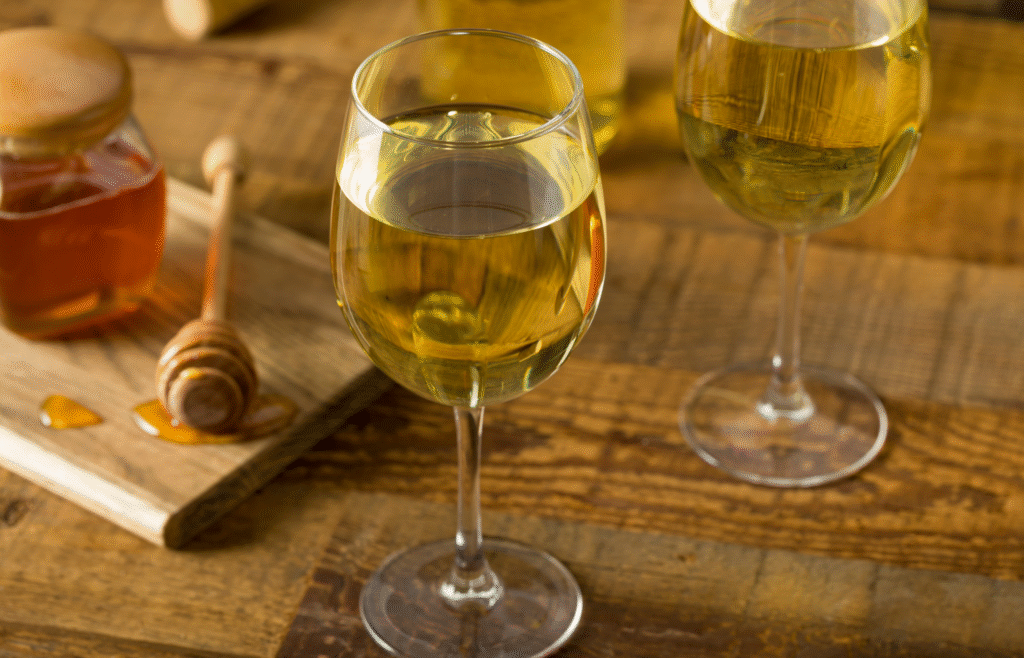Free shipping to mainland Portugal on all orders over 60€

Have you ever found yourself in a wine shop, or browsing online, and come across labels saying “organic wine”, “biodynamic wine” or “natural wine”—only to wonder what the actual difference is? If so, you’re not alone. More and more consumers are curious about these wines, yet there is still plenty of confusion.
In this article, we’ll help you understand, simply and clearly, what distinguishes each one. By the end, you’ll know which wine makes the most sense for you – or perhaps you’ll realise they all deserve a place at your table.
Imagine a wine made from grapes grown without synthetic chemicals, pesticides, or herbicides. That’s precisely what defines an organic wine: respect for nature, the vineyard, and the health of those who drink it.
Organic producers focus on maintaining the natural balance of the soil and the vines, relying on sustainable practices and natural fertilisers. The result? Wines that more authentically express the character of the grape variety and the region, with less artificial intervention.
For consumers, choosing an organic wine is also a way of supporting cleaner, more environmentally friendly viticulture.
If you’ve heard of biodynamic wine, it goes one step further than organic. Biodynamic farming is based on a holistic vision: the vineyard is not just a field of crops, but a living organism, in balance with the soil, the cosmos, and nature’s cycles.
Biodynamic producers follow practices guided by the lunar calendar and use natural preparations made from plants and minerals to revitalise the vines. Does it sound a little mystical? Perhaps. Yet many winemakers and wine lovers argue that the difference is felt in the glass: vibrant wines, full of energy, with a strong sense of identity.
All biodynamic wines are organic, but not all organic wines are biodynamic.
Natural wine is, in many ways, the most radical expression of the “less is more” philosophy. The idea here is to let the wine make itself, with as little intervention from the producer as possible.
Grapes are almost always organic or biodynamic;
Fermentation happens spontaneously, with native yeasts;
Additives and technological manipulation are avoided;
The use of sulphur is kept to a minimum – or excluded altogether.
And the result? Wines that can surprise (or even challenge) the palate, as each bottle is unique, alive, and often unlike what you may expect from conventional wines.
For those seeking authenticity, tasting natural wine is almost like drinking wine in its purest state.
Now that you know the differences, the question is inevitable: which is best for you?
If you value sustainability and want a healthier option: go with an organic wine.
If you believe in the power of nature and want wines full of character: try a biodynamic wine.
If you enjoy adventure and seek something authentic, unexpected, and bold: take a chance on a natural wine.
The good news is that you don’t have to stick to just one. Each style offers a distinct experience—and that’s part of the beauty of the wine world: diversity.
The growing interest in organic, biodynamic, and natural wines is not just a passing trend. It reflects a new way of consuming – more conscious, more attentive to environmental impact, and more focused on authenticity.
Next time you come across these words on a label, you’ll know what they mean, and you’ll be able to choose according to what you value most. In the end, that’s what wine is really about: a personal choice, reflecting what brings us the most pleasure in each moment.
Discover the full range of wines here.
© 2024 Quinta Miradouro dos Dízimos. All rights reserved.




